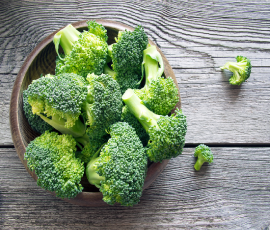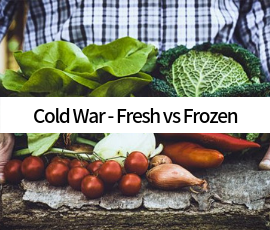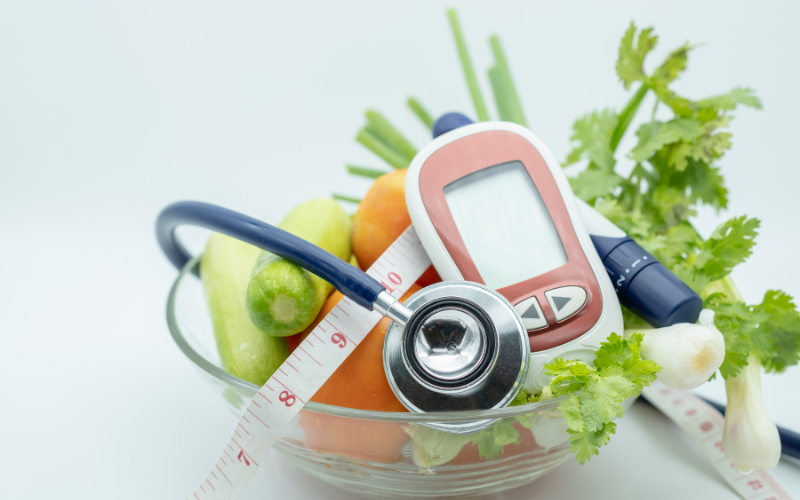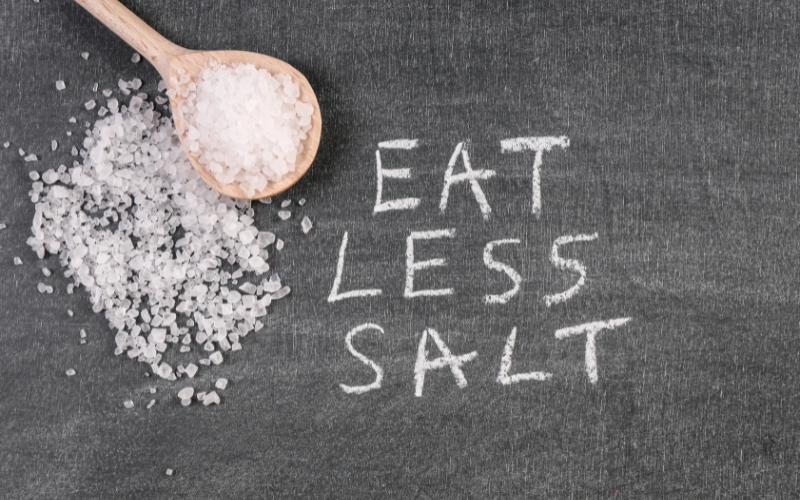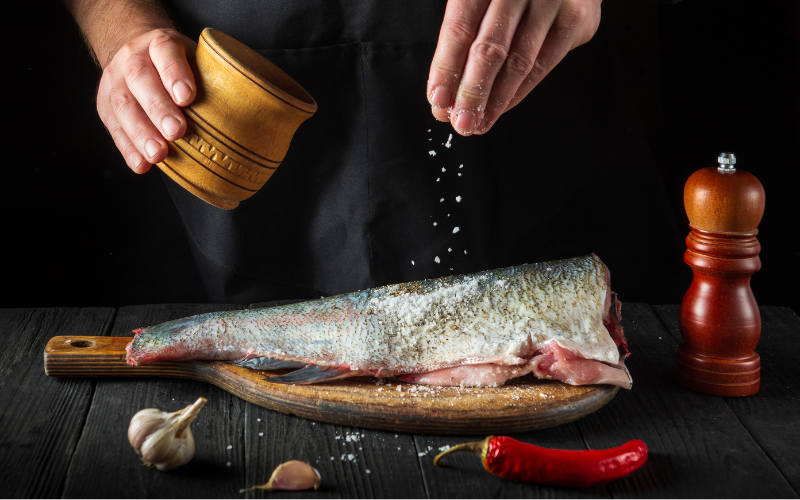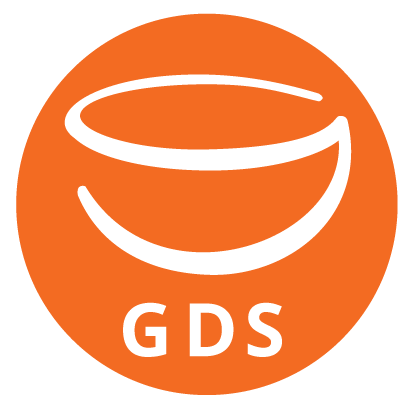Live Longer: Dietary Supplements or Food?
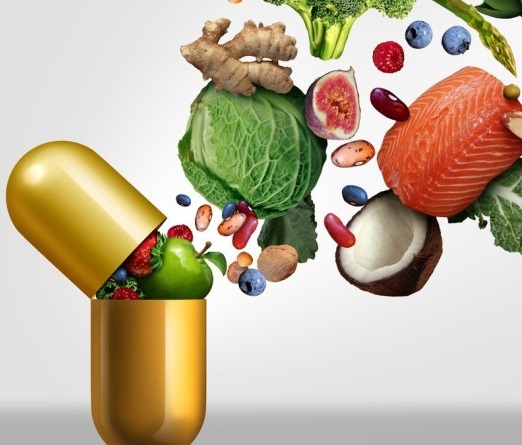
In Australia, 47% of women and 34% of men use at least one dietary supplement. Usage is even greater among older age groups and those with higher education levels.
By dietary supplement we mean a single vitamin or mineral, a combination multi-vitamin, herbal or traditional products, or a sports nutrition or weight loss product.
Most users take supplements by personal choice, rarely by doctor’s recommendation. This is great news for supplement manufacturers! Globally, the industry raked in over $150 billion last year alone and it’s growing.
But the big question is - will they help us live longer or healthier lives?
Will dietary supplements help you live longer?
According to the latest research, no. Published earlier this year was a study that had followed 30,000 people over six years and found no difference in the risk of death from all causes, regardless of supplement use or not. These findings fit with other previously published material.
What researchers did find, however, is that adequate intake of certain nutrients is associated with a reduction in mortality, but only when the nutrient source is food (not pills).
Further to that, some supplements were shown to be not only ineffective but downright risky at high doses. Excessive calcium supplement intake was linked with a higher risk of cancer death, while Vitamin D supplements in people who were not Vitamin D deficient were associated with a higher risk of all-cause death and cancer death.
What is interesting is that the participants in the above study that reported taking dietary supplements tended to enjoy a healthier lifestyle. They ate more nutritious food, they exercised more and they were less likely to smoke or drink alcohol. It’s ironic that those supplement takers were more likely to live a longer and healthier life, but for reasons unrelated to their supplement use!
How to get adequate nutrition without dietary supplements
The Australian Dietary Guidelines recommend that individuals (with the exception of pregnant women) only take supplements if they are eliminating a food group from their diet. For example, if you’re a vegetarian then you may need Vitamin B12 or other supplements.
For most people, nutrients are best sourced from natural foods. So, the way to optimising your nutrient status? It’s as simple as following these two fundamental pieces of advice:
- Stick to eating wholefoods as much as possible.
- Limit processed foods.
Here are some suggested food sources for a few key nutrients:
Iron (for healthy red blood cells) is found in red meat, green vegetables, nuts and seeds, beans.
Calcium (for healthy bones) is found in dairy foods, green leafy vegetables, sardines, beans.
Zinc (for a healthy immune system) is found in seafood, meat, poultry, legumes, nuts and seeds, eggs.
Folic acid (for healthy cells) is found in spinach, beans, lentils, cereals.
Omega-3 fatty acids (for heart and brain health) is found in salmon, sardines, walnuts, chia seeds, flaxseeds.
Vitamin D (for strong bones, muscles and overall health) is obtained by exposin

